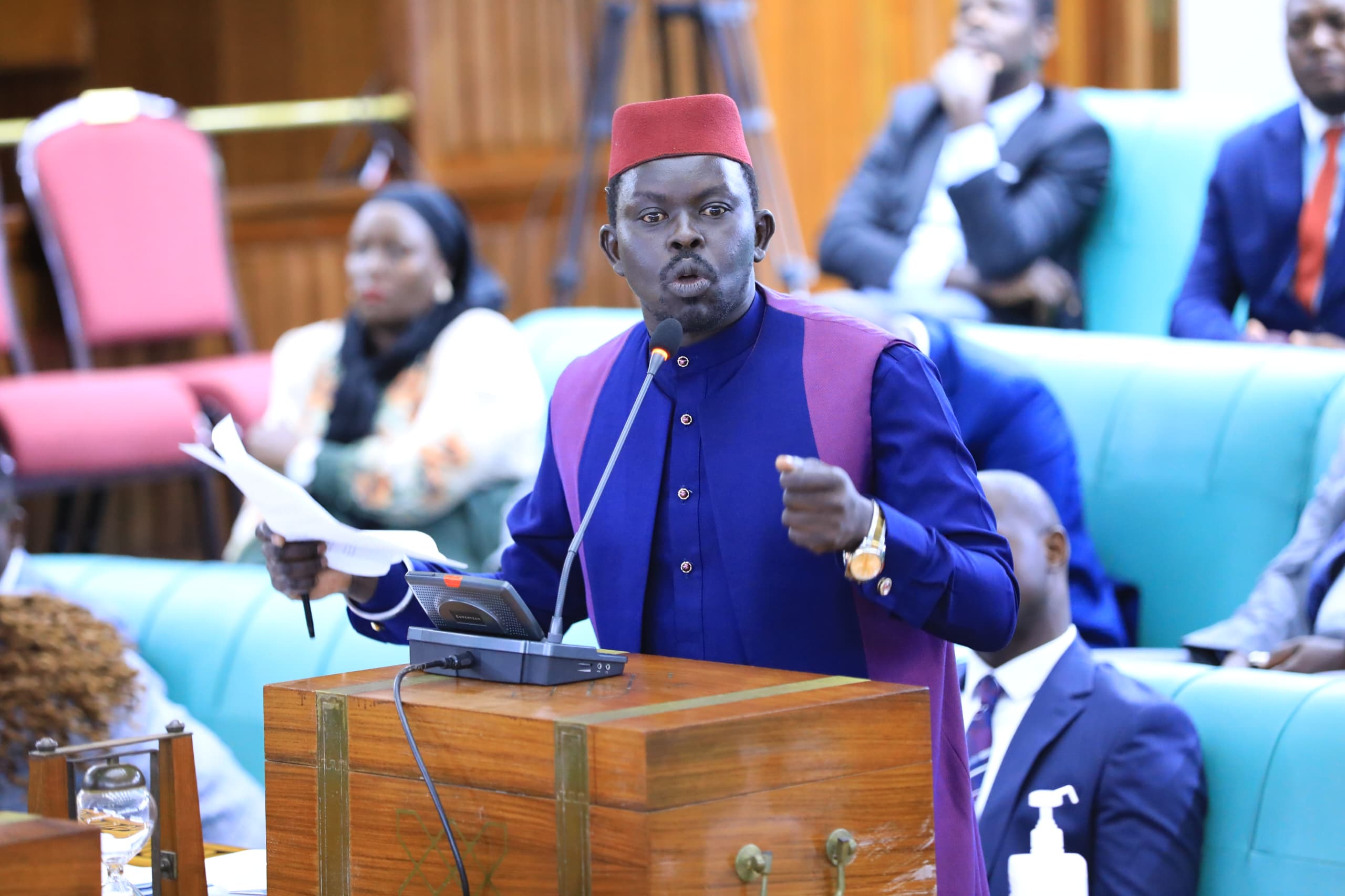MP Oguzu Accuses NRM of Betraying West Nile Ahead of Museveni’s Visit
West Nile, Uganda – As President Yoweri Museveni embarks on his tour of the West Nile sub-region to assess the progress of the Parish Development Model (PDM), local leaders are raising sharp concerns about the region’s longstanding marginalization under the ruling National Resistance Movement (NRM) government.
Maracha County Member of Parliament, Hon. Lee Oguzu, has penned a stinging open letter addressed to the NRM Secretary General, accusing the party of treating West Nile as a “vote plantation” — a region wooed during election seasons but abandoned thereafter.

Oguzu, a legislator under the Forum for Democratic Change (FDC), articulated the deep frustration felt by many residents who, despite consistently voting for the NRM, continue to suffer from poor infrastructure, crumbling health facilities, underfunded schools, and a lack of meaningful economic opportunities.
“The people of West Nile have long been sold a dream—a dream of roads that connect, clinics that heal, schools that empower, and lights that illuminate. Yet today, these dreams lie shattered—crushed under the weight of empty pledges and a legacy of betrayal,” Oguzu wrote.
He highlighted the dire condition of hospitals in districts such as Arua, Terego, and Maracha, which remain understocked with essential drugs, contributing to unnecessary deaths from preventable diseases like malaria.
The MP also pointed to the dismal state of education, noting that many students still learn under trees, with only 10% completing primary school.
Oguzu further criticized the slow implementation of key infrastructure projects, such as the Kole-Gulu-Nebbi-Arua Transmission Line, which was intended to bring electricity to power agro-processing factories.
“Where is the electricity pledged while women still grind cassava by hand? Where is the clean water promised by 2016, while children drink from mud puddles alongside cattle?” he questioned.
Youth unemployment also featured prominently in his letter, with Oguzu lamenting that many young people in the region are forced to migrate to neighboring Sudan and DR Congo in search of better opportunities.
Calling for accountability, Oguzu demanded a comprehensive public audit of all NRM projects in the region since 2010, with the findings published in local languages.
President Museveni’s visit comes at a time when the effectiveness of government programs like the PDM, Emyooga, and the four-acre commercial farming model is under scrutiny. While these initiatives aim to boost local economies, Oguzu argues they have largely failed due to poor implementation and lack of supporting infrastructure.
The West Nile sub-region — which encompasses districts such as Adjumani, Arua, Koboko, Terego, Maracha, Moyo, Pakwach, Nebbi, Yumbe, Zombo, Arua City, Obongi, and Madi-Okollo — remains one of Uganda’s least developed areas. Major roads, including the Nebbi-Arua highway, are in disrepair, while promised industrial parks in Pakwach and Koboko have yet to materialize.
In his concluding remarks, Oguzu issued a strong warning to the NRM leadership:
> “Thirty-eight years is not time—it is a lifetime. A lifetime of stolen potential. The people of West Nile will no longer accept speeches. They will no longer applaud lies. The youth are watching. History is watching. Act now—or be condemned by the very loyalty you exploited.”
As President Museveni sets foot in West Nile, residents and leaders alike are watching closely to see whether his visit will deliver concrete actions or result in yet another round of unfulfilled promises.